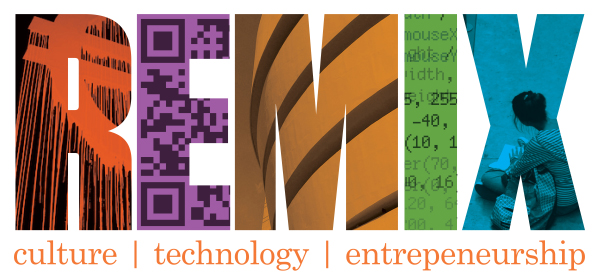Please Note: This is an archived blog post from May 12, 2011. For more recent updates, view the latest REMIX news, Agency case studies or homepage
20-years ago, international retailers made 95% of their sales through brick-and-mortar outlets. Today many successful businesses make 30% or more of their turnover online. Technology has changed how we do business and how we maintain relationships. Yet, with the exception of a few global museums and galleries, the culture industry has not fully leveraged technological development and entrepreneurial practices into its business models.
Meanwhile, on the ground, ongoing global economic turmoil that has curtailed public funding sources has left numerous high profile arts organizations around the world with an unprecedented financial challenge. American institutions were particularly hard hit and many were also unfortunately exposed to investment losses and the Bernard Madoff Ponzi scheme disaster. Like any other industry, the culture industry relies on numerous economic factors and partners to sustain its position or even growth. With public funding drying up, cultural entrepreneurs are needed to sustain the rising appetite for cultural experiences by mainstream consumers and spotting opportunities or challenges ahead of time is more crucial than ever. For these reasons cultural organizations are starting to think about how their business can become more self sustainable and policy makers are pushing for more economic responsibility within the arts.
We are about to witness a major shift in cultural consumption and how the cultural industry conducts its business. The next few years will transform the cultural landscape through the use and development of new technologies and how culture is embedded into our lifestyle.
Remix offers insights and inspiration, ideas and opportunities from an industry that is on the brink of change.

